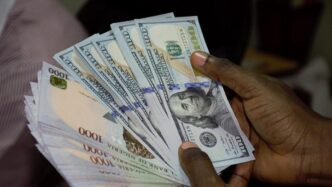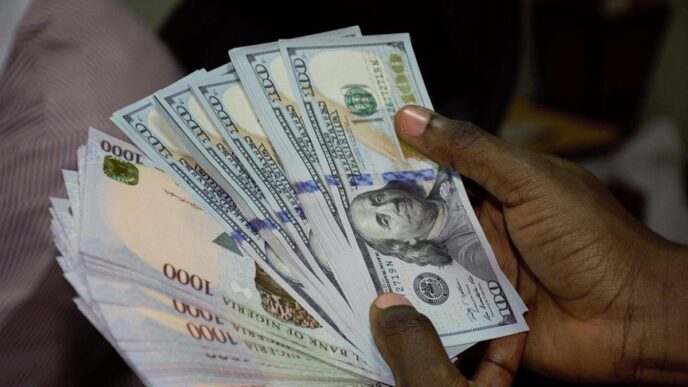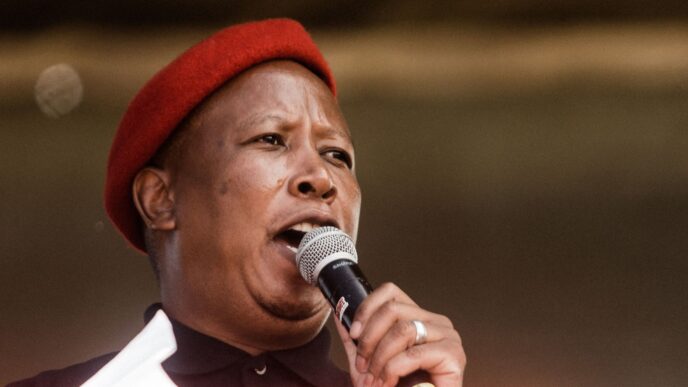Senegal’s parliament has approved a law to protect whistleblowers. This decision is seen as a historic moment for the country’s democracy and a significant milestone for the continent. The legislation, passed on Tuesday, makes Senegal the first French-speaking nation in sub-Saharan Africa to implement such protections. This shows the government’s commitment to fighting corruption and improving transparency since it took office in April 2024.
The law protects those who report crimes, financial misconduct, or actions that harm the public interest within their jobs. Whistleblowers can submit information anonymously through government channels or to the appropriate authorities. To encourage disclosures, individuals who provide information leading to the recovery of stolen assets will receive 10 percent of the recovered amount or another sum determined by the authorities.
For many civil society groups, this move recognizes the risks faced by whistleblowers throughout the region. Jimmy Kande, West Africa director of the Platform for the Protection of Whistleblowers in Africa, called this decision “a historic moment for Senegalese democracy and for the entire continent.” He also noted gaps in the law, as its focus is mainly on corruption and economic crimes, ignoring areas like environmental violations, public health, and human rights abuses.
PPLAAF, which released a critical analysis of the bill, has requested more clarity on what “good faith” means, stronger protections against retaliation, and the establishment of a special fund to assist whistleblowers. The group emphasized the importance of distinguishing true whistleblowers from so-called “nominees,” who are used by corrupt officials to conceal assets or launder money.
Despite these concerns, the law is widely seen as a significant advancement in the fight against corruption and a statement to other governments in the region. “Adopting a whistleblower protection law is a strong signal,” Kande stated. “It encourages other countries in the region and other French-speaking nations to adopt laws that protect whistleblowers.”
This law is part of a broader set of reforms passed by Senegal’s National Assembly aimed at improving transparency and accountability. Lawmakers also approved legislation to ensure public access to information, create an anti-fraud and anti-corruption agency, and establish new rules for magistrates and investigating judges to declare their assets.
For ordinary Senegalese citizens, these reforms bring both hope and challenge. While the laws signal a commitment to good governance, their success will depend on how well they are implemented and whether whistleblowers feel safe coming forward. In a region where speaking out often poses personal risks, this initiative’s success will rely not only on the law’s text but also on how well the state protects those willing to expose wrongdoing.
Senegal’s decision has set a precedent. It emphasizes accountability and serves as an example to African nations dealing with corruption and the silencing of dissenting voices. Whether this initiates a broader continental shift remains unclear, but for now, it signals a change in the trend toward transparency.


 Trending
Trending 



